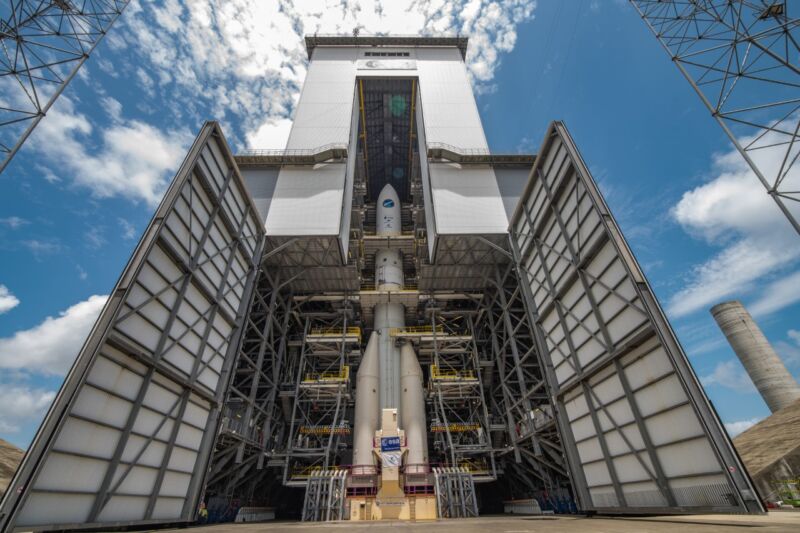The development of a commercial launch industry in Europe lags behind the United States by about 10 or 15 years, but there are now about a dozen startups in Germany, the United Kingdom, Spain, and France building small rockets sometimes referred to as "microlaunchers."
The European Space Agency and several of these nations have provided a modicum of support to these companies, often in the form of launch contracts worth a few million dollars. But so far, European space institutions have stopped short of assisting these commercial companies more substantially, as NASA did with the commercial cargo and crew programs for the International Space Station.
One reason for this is the entrenched launch monopoly in Europe, Arianespace. Owned by various aerospace suppliers across Europe, the Paris-based launch company markets and operates a small launcher in the form of the Vega C rocket and heavy-lift rockets in the form of the soon-to-be retired Ariane 5 and forthcoming Ariane 6 rocket.
These rockets are considered essential to Europe's strategic interests because they provide European nations with independent access to space.
In recent years, with the rise of private launch companies in Europe backed primarily by investors, some space officials have called for the European Space Agency to support these commercial space entities as NASA and the US government have done over the last 15 years.
However, at the 15th European Space Conference on Tuesday in Brussels, Arianespace chief executive Stéphane Israël took issue with this notion.
"It is not possible to copy-paste the US model," he said. "It is not possible. The level of space spending in the United States is five times higher than in Europe, and the private capital is not the same. So if the answer is to say let's do what the US has done, I think we will not manage to do it."
Moreover, Israël said the European Space Agency must resist supporting microlaunchers to the point where these companies might compete with the existing capabilities.
"A huge mistake would be that this focus on microlaunchers destabilizes Ariane 6 and Vega C—it would be a historic mistake," he said. "Microlaunchers can be of support to boost innovation. But we should not make any confusion. This launcher will never give autonomous access to space to Europe. They're on a niche market representing maybe 10 percent of the market, and less than that when it comes to European needs."
Vega C and Ariane 6 are the right rockets for Europe now and for the next decade, Israël said. But he acknowledged that Europe must also develop a reusable heavy-lift vehicle. Although he did not explicitly state so, this appears to be a clear recognition of the success that SpaceX has had with the Falcon 9 rocket and its development of the fully reusable Starship rocket.
"We need a reusable heavy launcher," Israël said. "Full stop. This is what we need. And I do not believe that Europe can afford two, three, or four big or heavy, reusable launchers. It will, for sure, [require] a lot of public money, industrial excellency, and I am more confident than ever that it will [require] solidarity in Europe to make it happen."
The chief of Arianespace could not be more clear: He does not want any competition for Vega C and Ariane 6, nor does he believe any commercial European company should have a chance to compete for the development of a next-generation reusable rocket.
However, what Israël did not say is also important. With a lift capacity of about 2 metric tons to low-Earth orbit but a price of nearly $40 million, the Vega rocket is not price-competitive with commercial rockets nor India's Polar Satellite Launch Vehicle. Moreover, this Italian-made rocket has failed in three out of its last eight flights. Also, while Israël touts Ariane 6, this rocket does not yet exist. Europe has spent nearly $5 billion developing this booster, which may not fly until 2024 and will be four years late.
Effectively, then, based on this recent record, Israël believes that Europe's existing launch monopoly should retain that monopoly for decades to come. It's up to European space officials to decide whether they agree.



3175x175(CURRENT).thumb.jpg.b05acc060982b36f5891ba728e6d953c.jpg)

Recommended Comments
There are no comments to display.
Join the conversation
You can post now and register later. If you have an account, sign in now to post with your account.
Note: Your post will require moderator approval before it will be visible.